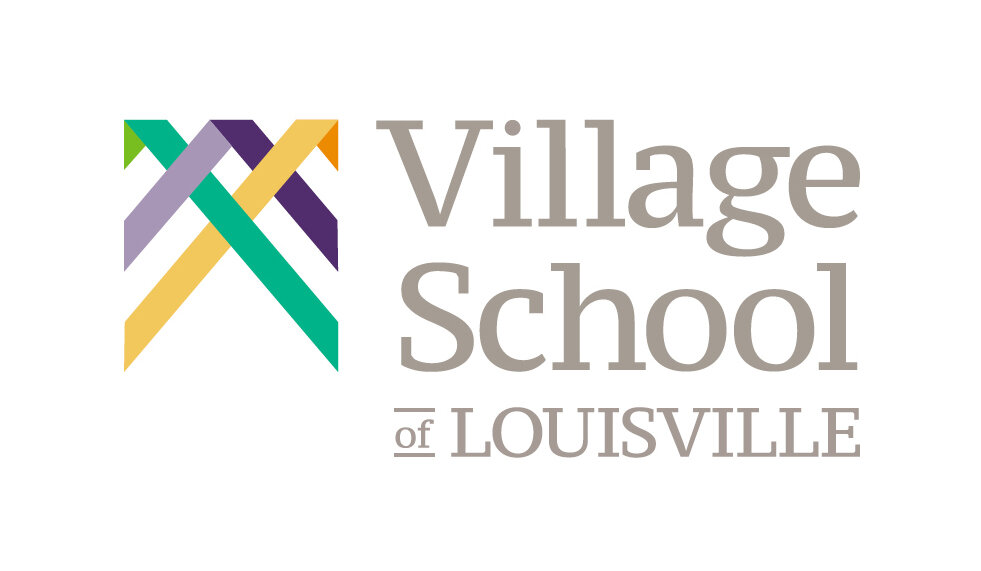Student Progress & Grading at VSL
The Incompatibility of Traditional Grades and VSL’s Educational Values
The Village School of Louisville began its process of evaluating and reforming its grading policy in Spring 2022. Although VSL was in its first year as a school, VSL’s mission and vision felt contradictory to the more traditional grading system VSL initially used when it opened. Thus, the VSL Board of Directors created a committee of faculty and parents to review the grading system in place as well as alternative grading systems. The committee was tasked with presenting the evidence regarding various approaches to grading as well as a recommendation about the grading system which most aligned with VSL’s values and mission.
This committee presented compelling evidence that traditional grading systems encourage competition rather than collaboration, in contrast to both the inherent non-competitive educational environment in Finland and the pivotal role of collaboration as opposed to competition in the world beyond school. In addition, traditional grading systems discourage risk taking, even calculated and well researched risk taking, and continue and enforce a system of external as opposed to internal motivation. Rather than foster a love of learning and a desire for intellectual challenge, traditional grading systems lead to a fear of failure and thus a fear of anything unknown, untested, incorrect, or difficult – in sum, an aversion to innovation, creativity, critical thinking, and criticism of current systems.
VSL’s Grading Solution
The committee and the board determined that, based on the extensive research of academic journals, general media, stakeholder input, and interviews of high schools, colleges, and universities, a traditional grading system would not serve VSL students well. However, the committee learned that certain aspects of a traditional grading system were necessary for VSL students once he/she/they left the VSL community and went out into the larger world. Thus, the VSL Board of Directors voted to implement an alternative grading system which could be converted into a traditional GPA and transcript when needed.
For the 23-24 school year, VSL implemented its new grading system which comprises both a competency checklist as well as a narrative description of progress. The competency checklist is derived from the Kentucky state standards required for K – 12 education; the narrative provides an opportunity to describe how much a student went above and beyond, or, took a deep dive or a risk in terms of difficulty. The competency checklist allows VSL faculty and administration to track progress, but with far greater detail than a traditional grading system. The narrative component allows for the recognition of a deeper dive or additional, unrequired work, in both translating to a GPA when needed and relaying to students, caregivers, and others the initiative and motivation of a student. As VSL recognizes that tracking students limits their potential and is not a viable means to education in a small learning community, the narrative description provides a means to acknowledge both in the community as well as in a GPA calculation the additional efforts, curiosity, creativity, critical thinking, and time that went into work that semester.
